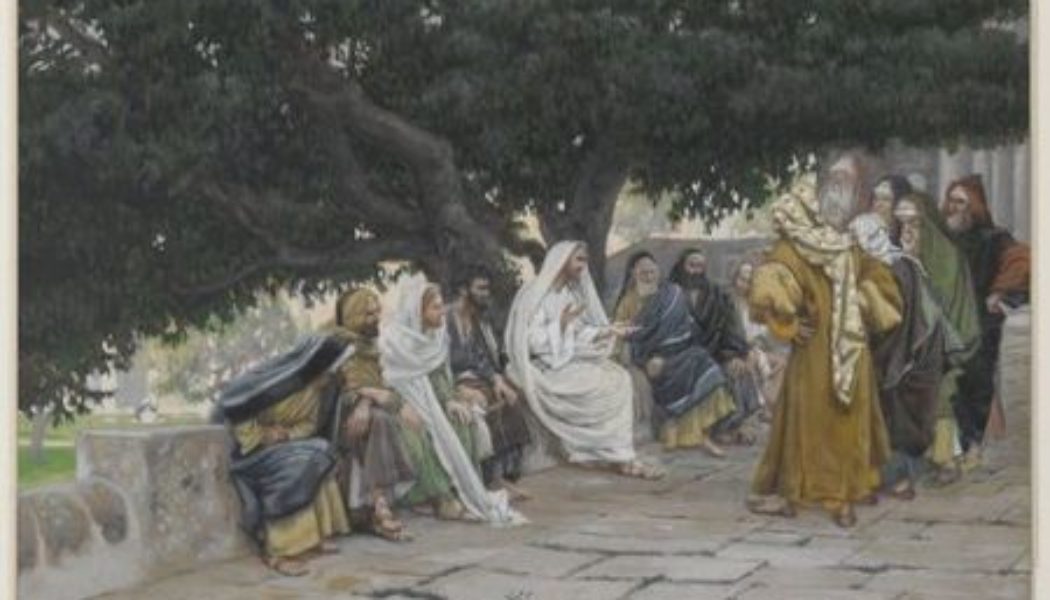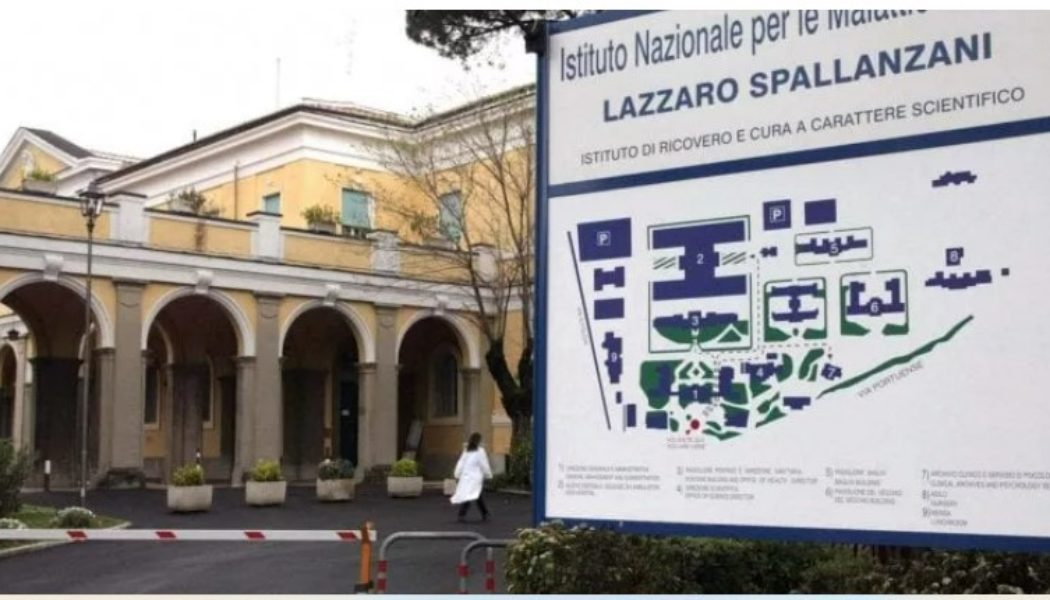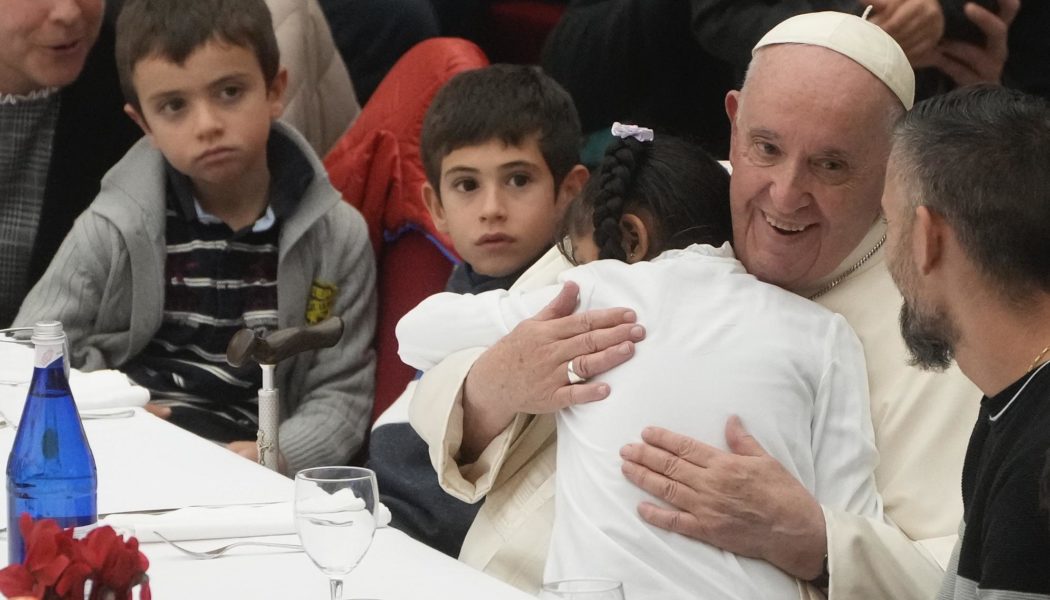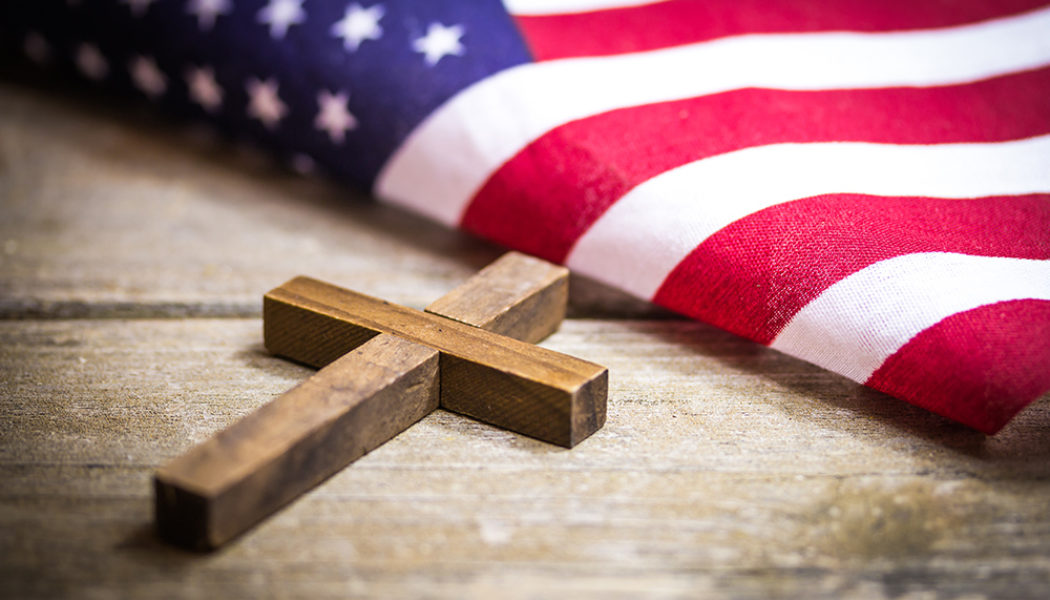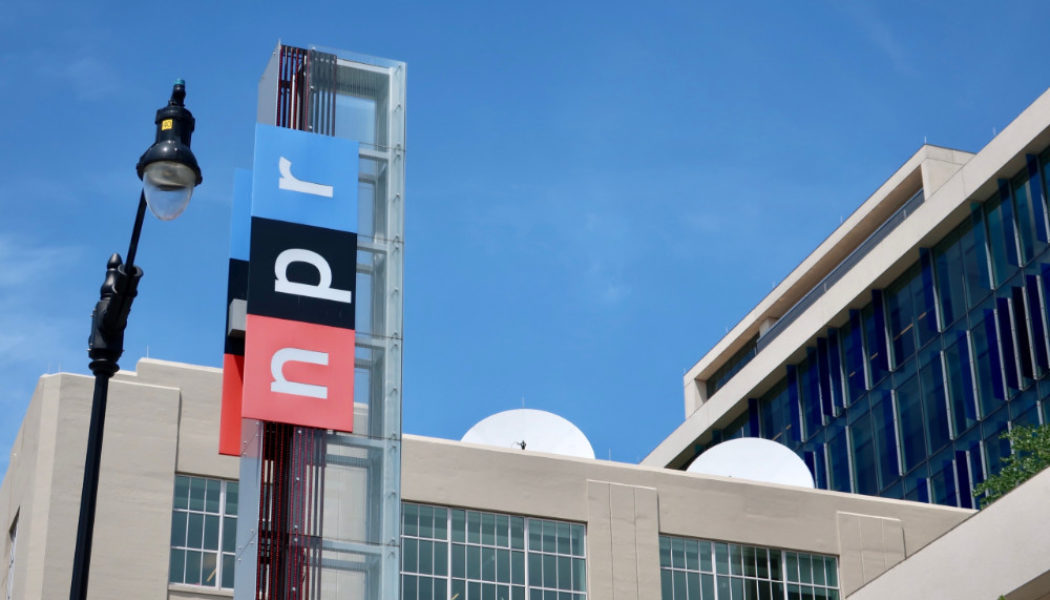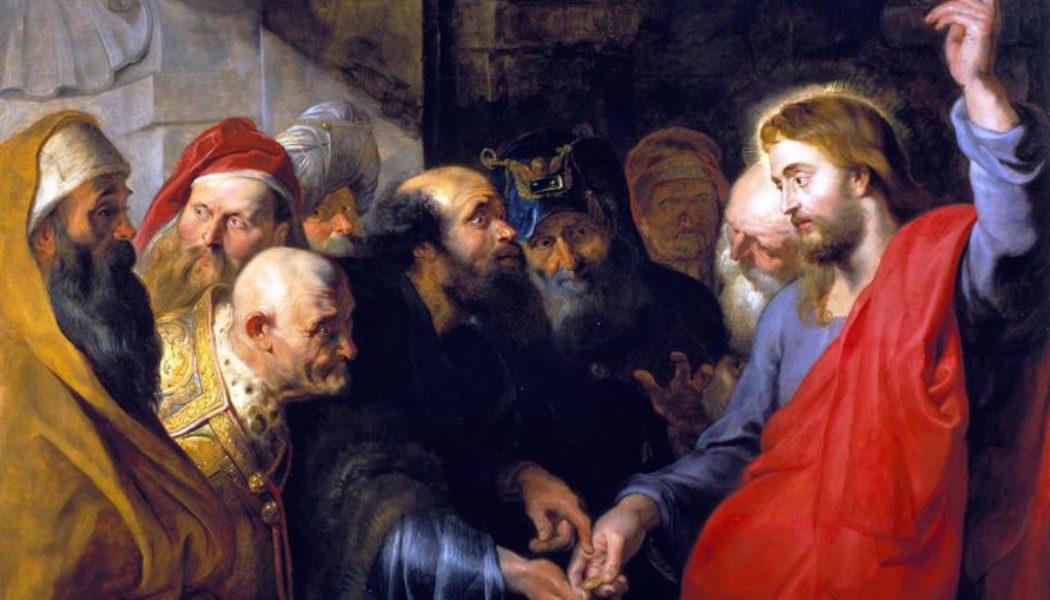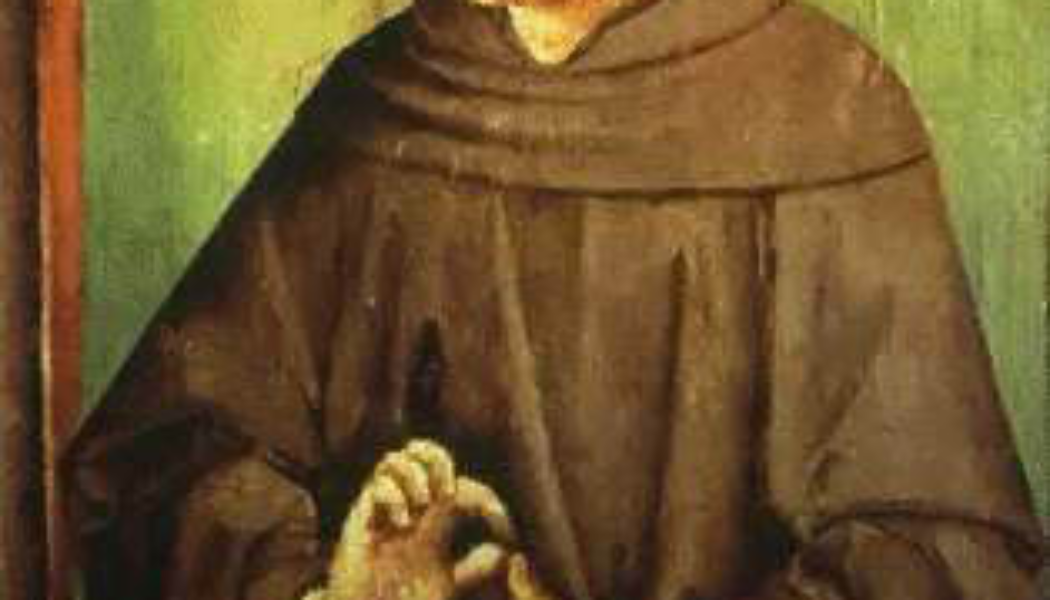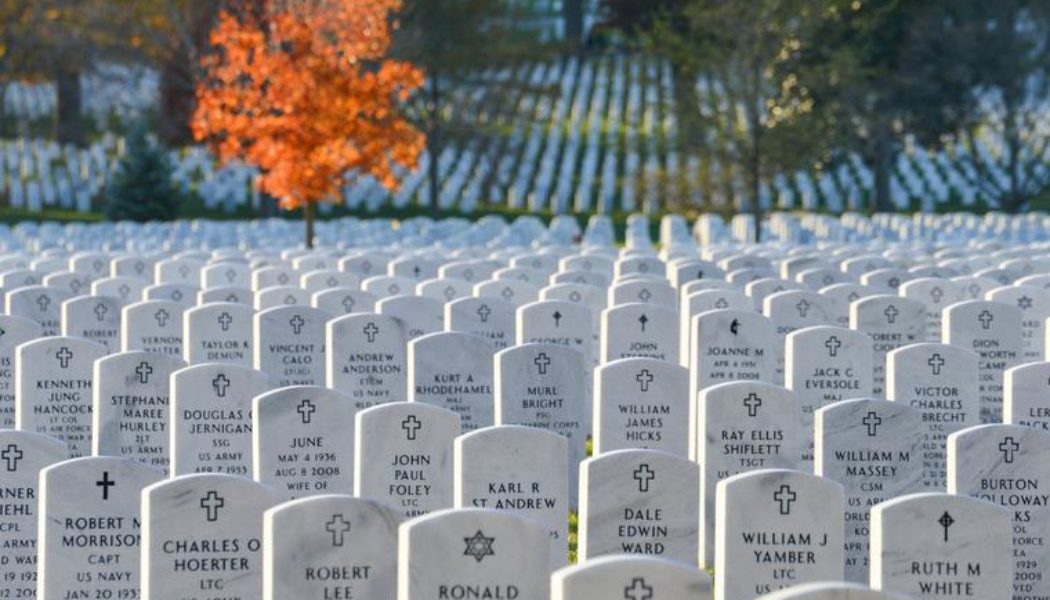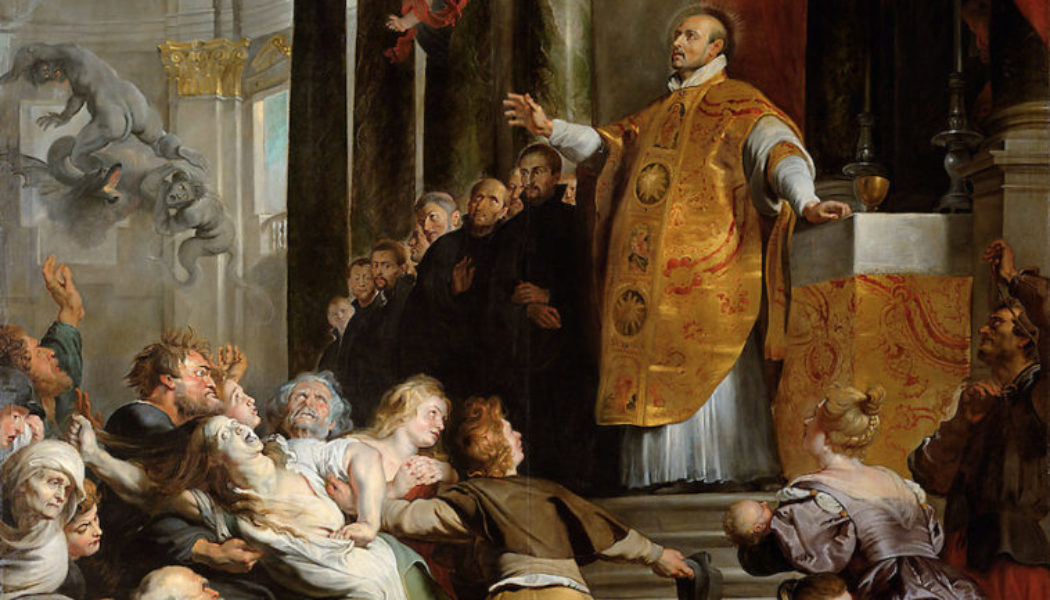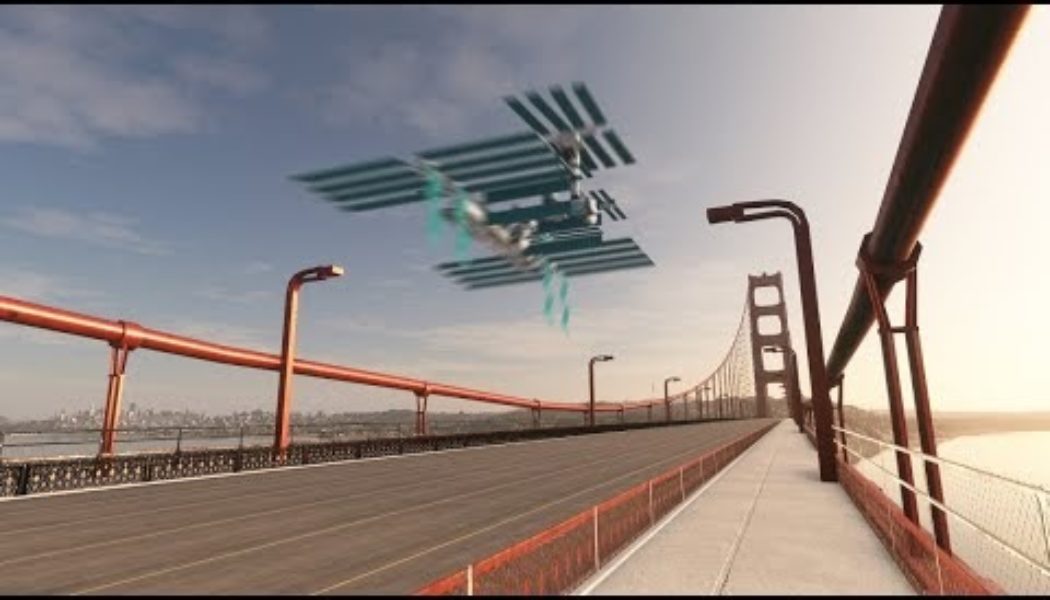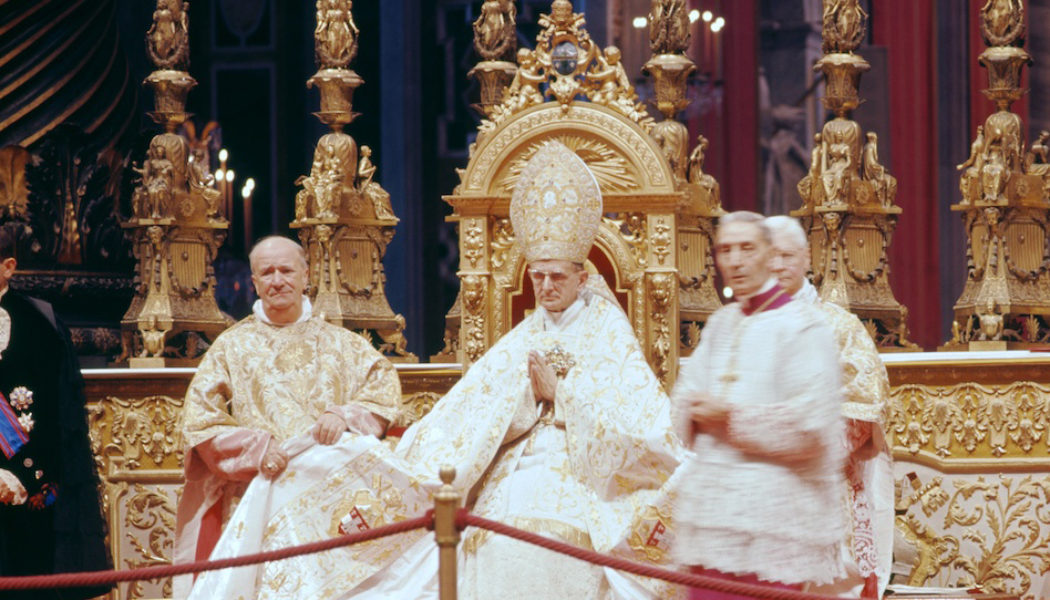Discover
Be not afraid. Be well-prepared…..
32nd Sunday in Ordinary TimeBy Fr. Victor Feltes Today we see the Sadducees come forward and put a question to Jesus, but who were the Sadducees? They were a Jewish religious group less popular than the Pharisees but in some ways more powerful. The Sadducees were the party of high priests, aristocratic families, and wealthy merchants, and they were well-represented among the members of the Jewish high council, the Sanhedrin. Theologically, unlike Pharisees, the Sadducees only accepted the first five books of the Bible as scripture: that is, Genesis, Exodus, Leviticus, Numbers, and Deuteronomy. These five books are called the Torah (the Law) or the Pentateuch. The Sadducees denied the inspiration of all the other Old Testament books and only accepted religious beliefs which they thought wer...
We are on a journey through a passing world…
During the month of November, the Church has us ponder the Four Last Things: death, judgment, Heaven, and Hell. As the golden gown of autumn gives way to the lifeless look of winter, we are encouraged to see that our lives are on a trajectory that leads to autumn and then to the winter of death. But those who have faith know that this passage to death ultimately leads to glory. Scripture says, And the world passes away, and the lust of it; but he who does the will of God abides forever(1 John 2:17). In today’s Gospel, the Lord Jesus gives us a kind of road map of life and calls us to be sober about the passing and perilous nature of this world. There is an historical context in which our Lord speaks. There were political rumblings in Israel in the early 30s AD that would eventually le...
I just spent 25 days in the hospital after a serious health scare. Here are three things it taught me about Catholic medical care…..
ROME – Readers may have noticed that I’ve been absent from the Crux site for more than three weeks. The reason, which I didn’t announce in advance, is that I recently had to have a fairly major surgery on my esophagus, and then I spent more than three weeks in the hospital here in Rome recovering. Although I’m home now, my recovery is not complete. I have to spend the next couple of weeks on a largely liquid diet, performing physical therapy exercises and going through a series of follow-up appointments, all calculated to make sure I get back to something resembling normal. I was lucky to be in excellent hands – my surgeon, Dr. Giuseppe Maria Ettorre, is considered among the best in the country, and recently performed an abdominal surgery on former Italian President Giorgio Napolitano. I w...
Pope Denounces ‘Sirens of Populism’ as He Marks Day for Poor…
ROME (AP) — Pope Francis ate lunch with hundreds of refugees, poor and homeless people on Sunday as he called for a renewed commitment to helping society’s weakest and denounced the “sirens of populism” that drown out their cries for help. Francis celebrated the Catholic Church’s World Day of the Poor by inviting an estimated 1,300 poor people into the Vatican for a special Mass and luncheon. Children threw their arms around his neck as he sat at one of dozens of tables set up in the Vatican audience hall. During the Mass that preceded it, Francis denounced the indifference that the world shows to migrants and the poor, as well as the “prophets of doom” who fuel fear and conspiracies about migrants for personal gain. “Let us not be enchanted by the sirens of populism, which exploit people’...
Catholic tradition requires hard work and hard thinking…
One evening a few months ago, my Facebook page sprouted with claims that the government should remove student debt because God forgives our debt as sinners. Many Catholics declared that Catholic social teaching requires it. Any claim that the move was unjust to those who had made other choices was slapped down as lacking the compassion Christians must show to all. Those with college debt were obviously among the poor whose needs must be met. It was a “ha ha, gotcha!” kind of claim. And a particularly bad one. It had the fatal problem of so much popular political thinking: that it’s not thinking. What God does for us does not require a particular public policy. It should make us more scrupulous about obeying the second half of “forgive us our trespasses as we forgive those who trespass agai...
The laughter of hell and NPR’s aired abortion…
There must be laughter in hell. This kind of laughter is devoid, of course, of joy. It mimics and perverts the kind of life-giving laughter you might hear among friends and family gathered in love. Whether or not this is theologically correct is above my pay grade. But it is my conclusion after listening to laughter on NPR after an abortion they broadcasted. In advance of Election Day, NPR, which receives federal government (read: taxpayer) funding, broadcasted from the room where a woman in Michigan was undergoing an abortion. Michigan voters have the most extreme of extreme proposals on their ballots on Tuesday. It’s called Proposal 3, the “Right to Reproductive Freedom,” which would amend the state constitution giving “every individual” in the state “a fundamental right to reproductive ...
What does the Catholic Church say about elected officials?
“Put not your trust in princes,” the psalmist writes (146:3), explaining that we won’t get help from them. He had a pessimistic view of politicians, which is not the usual American view. We have — especially before elections — great hope in princes, as long as they’re our princes and not the other side’s. We tend to feel the nation’s future hinges on the election of our princes, and maybe feel even more strongly that it hinges on the defeat of the other side’s princes. I’ve been involved in politics for a long time and have the classic journalist’s low view of politicians, and I still feel anxious. Not unreasonably. However low a view one might have of the American political system, and mine is on the bottom end of low, it still affects people’s lives — the lives of the poor and vuln...
Dunce caps, Cardinal Ricard’s startling announcement, Steubenville, Traditionis Custodes, and ecclesiastical reform…
Hey everybody, This is JD Flynn, and you’re reading The Tuesday Pillar Post. Today is the feast of Bl. John Duns Scotus, the 13th-14th century Franciscan friar remembered as the “Doctor subtilis,” or “subtle doctor,” for his nuanced and insightful mind. Scotus was a priest, a brilliant philosopher, and, as John Paul II remembered him, “the minstrel of the Word Incarnate,” and the “Defender of Mary’s Immaculate Conception.” Whether you understand his subtle thought on the univocity of being, or – like me – you get lost in the distinctions, each of us can aim to give both our minds and our lives to the Lord, as did the great Scottish Franciscan himself. I’ll have more on him at the end of the newsletter. Bl. John Duns Scotus, pray for us! The News The biggest story in the ...
Veterans Day 2022: You Can Help a Veteran See the Face of God…
In this month of the Holy Souls, Veterans Day must be more than just a day off. Catholics can do a great work of mercy by offering Masses, suffrages and indulgences for our veterans. Nov. 11 is Veteran’s Day. We honor the service of those, dead and alive, who bore arms for their country. Americans observe Nov. 11 because it was the day the armistice ending World War I was signed. Indeed, at its origins as an observance in 1926 and a civil holiday in 1938, it was called “Armistice Day.” The sheer horror and magnitude of World War I, which witnessed destruction on a hitherto-unknown scale, seared it into peoples’ memories: the “Great War” as it was called left its mark on Western culture. Searing memories was not the same as searing wills: it got called the “First World War” only after we ha...
The Jesuits: What Went Wrong…
Tim Russert, the late, great anchor of NBC’s Meet the Press, died in 2008. Praised as an “honorary Jesuit” in America magazine after his death, Russert had a lifelong regard for the Society of Jesus. He had a special affection for Father John Sturm, legendary prefect of discipline at Buffalo’s Canisius (Jesuit) High School. Any man who was a Canisius student during the John Sturm years – myself included – remembers him with a mix of awe, fear, love, and loyalty. Sturm was that kind of guy, tough but fair; a “man’s man.” Russert was two years behind me in his studies. We never met, but I shared his experience of Canisius. It was an exceptional place. The Jesuits who taught me History and English, Latin and Greek, changed my life. Nothing I lat...
Visualizing the speed of the International Space Station, and the speed of light, on Earth…
ISS Flyby at 10,000 feet (3,000 meters) in Microsoft Flight Simulator: [embedded content] What would it look like to go around the world once at the speed of light? [embedded content] Join Our Telegram Group : Salvation & Prosperity
Three pontificates and Vatican II…
On the morning of October 17, 1978, the newly-elected Pope John Paul II concelebrated Mass with the College of Cardinals and pledged that the program of his papacy would be the full implementation of the Second Vatican Council. That was his “definitive duty,” for the Council had been “an event of utmost importance” in the two millennia of Christian history. As I explain in To Sanctify the World: The Vital Legacy of Vatican II (Basic Books), the next 26-and-a-half years saw John Paul II fulfill that pledge, for his pontificate was an epic of teaching and witness that helped provide the Council the interpretive keys it had not given itself. Unlike the previous 20 ecumenical councils, Vatican II did not articulate or identify a definitive key to its proper interpretation: something that made ...
